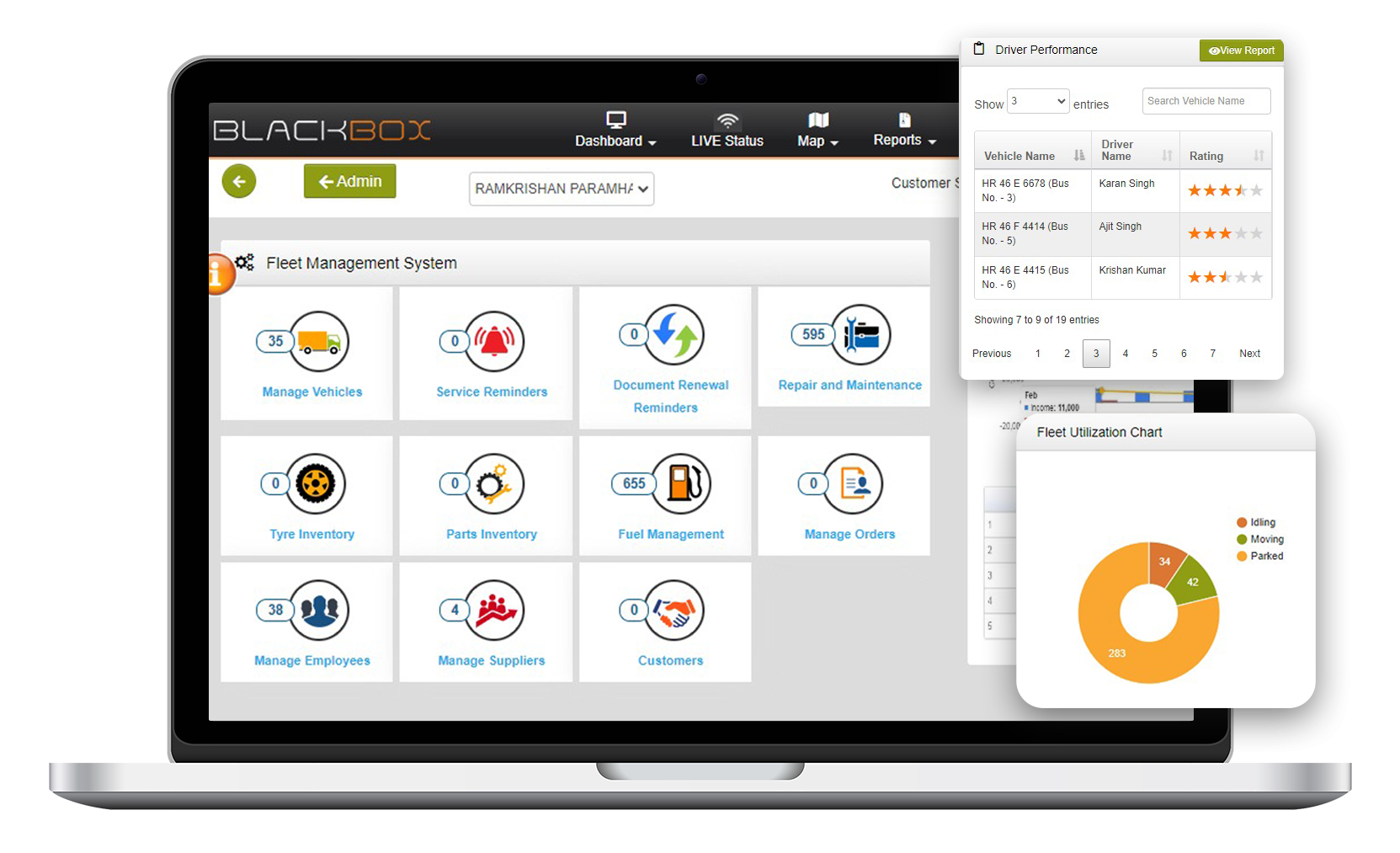Advanced Views on Small Claims Processing: From Filing to Collection

For many people, courts provide a straightforward path to resolve everyday disputes. While the surface appears simple, advanced understanding reveals a deeper system tsmall claimshat extends far beyond filing forms. In Small Claims in California, the journey from filing to collection involves strategy, preparation, and persistence. By looking at the process from an advanced perspective, claimants can strengthen cases, reduce delays, and increase their likelihood of collecting what they are awarded.
The Expanded Role of Small Claims Processing
Small claims courts are not merely venues for simple disagreements; they represent an efficient legal mechanism for justice at the community level.
Typical Disputes Addressed
-
Unpaid service agreements
-
Security deposit disagreements
-
Personal loan recoveries
-
Damage to vehicles or property
By grasping the expanded role, claimants better understand how small claims processing fits into broader dispute resolution systems.
Advanced Filing Strategies
Filing is often seen as paperwork, yet advanced claimants approach it as the foundation of the case. Mistakes made here ripple throughout the process.
Filing Insights for California
-
Ensure the claim falls within financial limits ($10,000 for individuals, $5,000 for entities)
-
File in the proper county based on residence or incident location
-
Include detailed descriptions of the dispute, supported by preliminary evidence
In Small Claims in California, advanced filers verify jurisdictional rules before filing, preventing rejections that cause costly setbacks.
Strengthening the Case With Comprehensive Documentation
Judges depend on evidence more than verbal accounts. Advanced preparation means anticipating what documentation will be most persuasive.
Advanced Documentation Techniques
-
Create evidence packets with labeled exhibits
-
Include repair estimates, bills, or expert opinions
-
Organize communication records (emails, letters, texts) to show patterns
-
Use photographs and videos to support narrative clarity
Comprehensive documentation accelerates hearings and bolsters credibility in front of judges.
Service of Process: Precision Matters
One of the most underestimated stages of small claims processing is proper service. Without valid service, courts cannot proceed.
Advanced Service Practices
-
Use professional servers to guarantee timely delivery
-
Track service with receipts or affidavits for accuracy
-
Allow time to correct failed service attempts before deadlines
In Small Claims in California, strict service deadlines apply. Precision here prevents unnecessary delays.
Exploring Mediation as a Parallel Path
Advanced claimants often explore mediation alongside filing. This step can resolve conflicts quickly and with less hostility.
Benefits of Parallel Mediation
-
Reduces stress and courtroom uncertainty
-
Allows flexible solutions beyond strict judgments
-
Saves time compared to waiting for hearings
California courts often provide access to free or low-cost mediation, which advanced filers use strategically before trial.
Presenting With Professional Clarity at Hearings
Hearing day is the culmination of preparation. Advanced strategies help claimants make the most of limited time before the judge.
Persuasive Hearing Tactics
-
Deliver a concise opening statement outlining the dispute
-
Reference evidence directly rather than retelling details
-
Anticipate opposing arguments and address them proactively
-
Maintain professionalism to reinforce credibility
Judges value efficiency, and claimants who demonstrate clear preparation often influence outcomes significantly.
Post-Judgment: The Overlooked Stage
Winning a judgment does not guarantee payment. Advanced understanding emphasizes proactive collection strategies.
Tools for Judgment Collection
-
Wage garnishments enforced by court order
-
Bank levies to recover owed funds
-
Property liens that secure future payment
In Small Claims in California, clerks provide forms and guidance, but claimants must pursue enforcement. Many lose opportunities simply by failing to act.
Advanced Tips for Smooth Collection
Collection requires persistence, but advanced claimants approach it systematically.
-
Send written demands immediately after judgment
-
Track deadlines for enforcement actions
-
Reapply enforcement measures if initial attempts fail
-
Keep thorough records of payment history and collection efforts
This persistence transforms judgments from symbolic wins into actual financial recovery.
Common Advanced Errors to Avoid
Even experienced claimants make avoidable mistakes when navigating small claims.
Frequent Missteps
-
Overlooking statutes of limitation
-
Miscalculating claim amounts
-
Bringing disorganized documentation to court
-
Neglecting follow-up after judgment
Avoiding these missteps ensures efficiency from start to finish.
Conclusion
Advanced perspectives reveal that small claims processing is more than filing forms—it is a structured system requiring strategy, precision, and persistence. From accurate filing and comprehensive documentation to enforcement after judgment, every stage offers opportunities to maximize success. In Small Claims in California, claimants who adopt advanced strategies move through the process more efficiently and are more likely to collect what they are awarded. Mastery of these steps ensures not only fairness but also tangible results that go beyond the basics.


